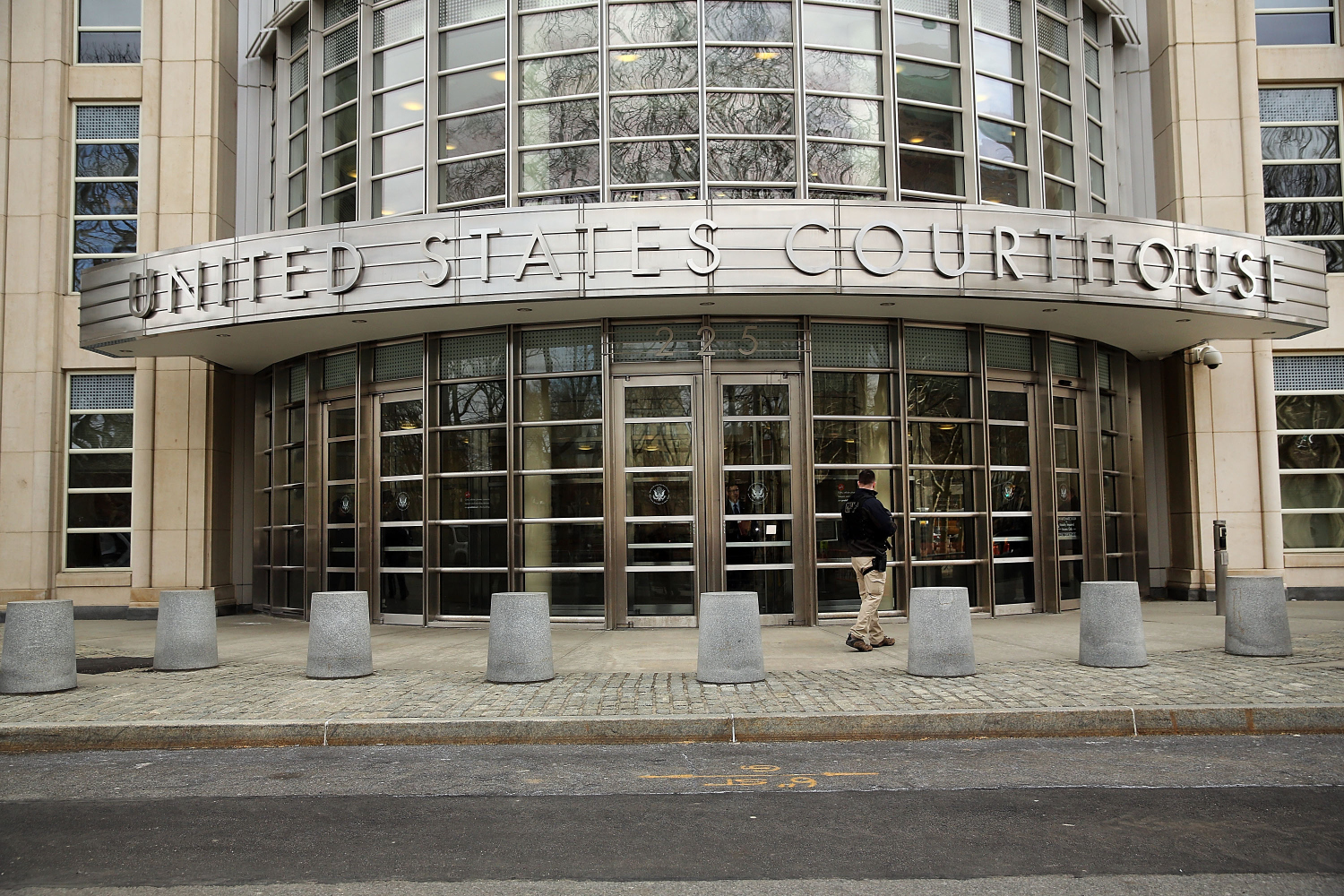The primary focus of discussions revolves around addressing the use of fossil fuels, a significant contributor to climate change. Activists, experts, and many developing nations advocate for a swift phase-out of these fuels in favor of cleaner energy alternatives. However, there’s contention between those pushing for rapid action and others, including big energy companies and oil-rich nations, advocating for a slower and less definitive “phase down.”
Despite the complexity ahead, there’s a sense of optimism among participants, especially due to a day off on Thursday. U.S. Special Envoy John Kerry acknowledges the complexities but expresses hopefulness in finding viable options. The negotiations, involving nearly 200 parties, differ significantly from bilateral talks and pose greater challenges.
The pivotal document, the Global Stocktake, assesses progress since the 2015 Paris agreement, aiming to limit global warming. It’s currently under scrutiny, with officials like COP28 CEO Adnan Amin expecting clarity on global standing by week’s end.
Amin describes the negotiation process as a cycle—starting with hope, encountering difficulties and rumors, then resurfacing with clarity and political engagement. German special climate envoy Jennifer Morgan echoes this sentiment, stating that despite the overwhelming number of options, the process is progressing as intended.
EU negotiators express confidence in the document’s state and anticipate a revised text for ministerial talks on Friday. They align with small island nations and some Latin American countries in calling for fossil fuel phase-out, despite expected resistance.
Pressure mounts from representatives of poorer nations and climate advocates for a just and equitable phase-out of all fossil fuels. The EU pledges a strong effort in this regard. However, concerns about cost and fairness arise, with questions about who will bear the financial burden.
Amid discussions about fossil fuels, issues surrounding adaptation also linger. The sense of urgency is emphasized by some, while acknowledging the challenges ahead. Kerry underscores the necessity for responsible action, emphasizing the need for adults to unite and deliver impactful solutions.











